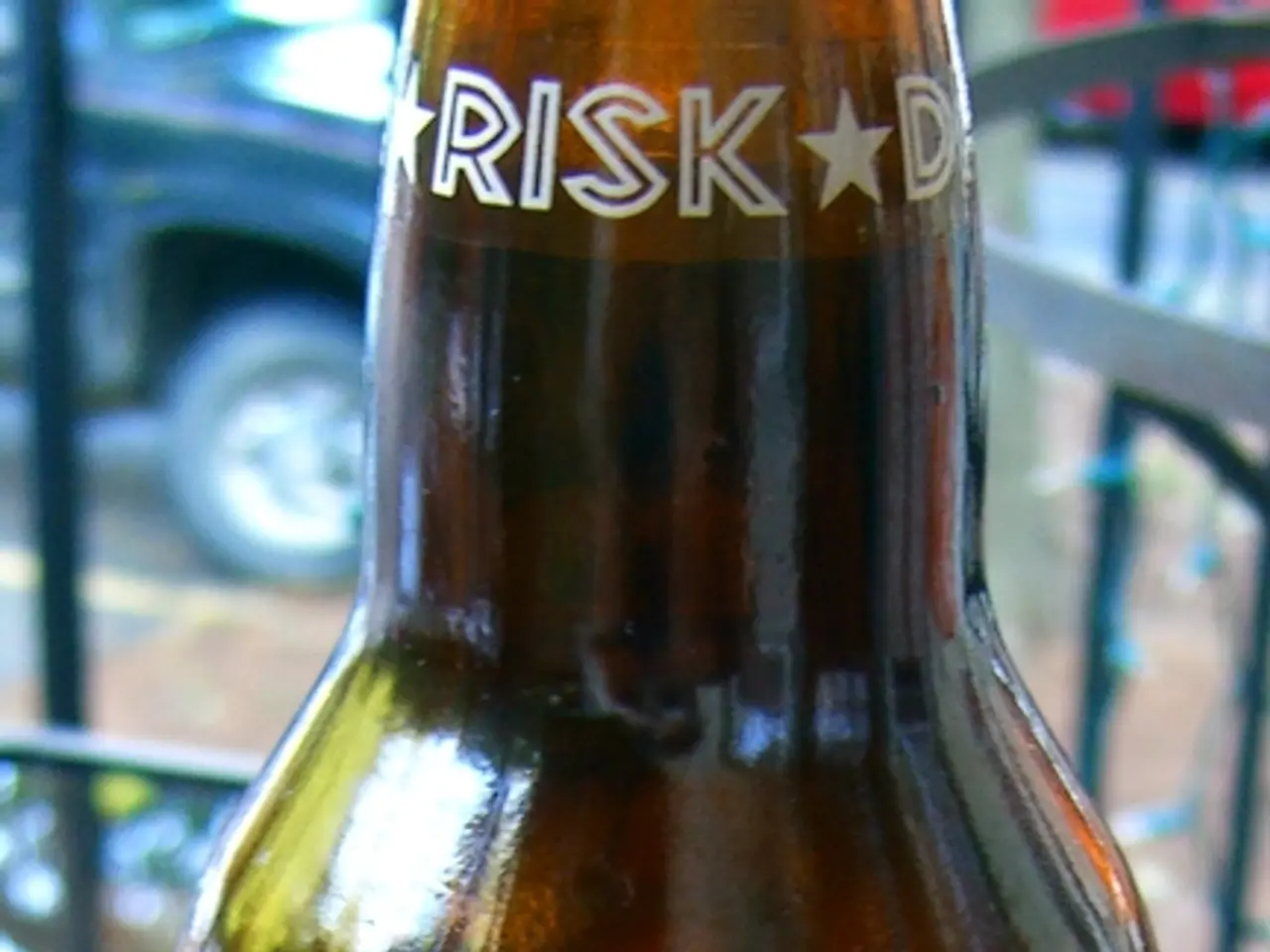Court Dismisses Claim Worth $1.2 Million Over Abilify-Related Compulsive Gambling and Shopping Behavior
In a ruling on July 4, 2025, a British Columbia Supreme Court judge dismissed a CA$1.2 million lawsuit filed by Jennifer Purchas against psychiatrist Dr. Stephen Ogunremi. The lawsuit was related to Purchas's allegations that the antipsychotic medication Abilify triggered compulsive gambling and shopping, leading to significant financial losses.
Purchas testified that her gambling behavior escalated dramatically after starting Abilify, including gambling alone and sneaking away from her family. However, the court did not find enough evidence to link Abilify to Purchas's behavior. It's important to note that Purchas had long-standing mental health challenges, including depression, anxiety, and past opioid use.
The association between Abilify (aripiprazole) and compulsive behaviors such as gambling and shopping is recognized in medical literature and regulatory warnings. Postmarketing reports link the drug with such urges, and warnings and monitoring are advised [2][3]. The Mayo Clinic and the official Abilify package insert both recommend close monitoring for compulsive urges and considering dose reduction or discontinuation if such behaviors develop [2].
Individual cases have been reported in the media linking Abilify to compulsive gambling and shopping behaviors. For example, a woman in British Columbia alleged that Abilify caused her excessive gambling and shopping, describing compulsive behaviors that were new to her after starting the medication [1]. Although this particular legal case was dismissed, the woman's testimony indicated she experienced these compulsions after starting the drug, consistent with reported side effects.
As of March 2019, there were 2,430 lawsuits pending in the US involving aripiprazole. In 2016, Bristol-Myers Squibb agreed to pay $19.5 million to settle allegations that it had improperly promoted Abilify for unapproved uses [6]. Health Canada had previously issued a safety advisory in 2015, warning that Abilify may increase the risk of impulse-control problems such as pathological gambling [7].
In his ruling, Justice Michael Stephens wrote that Purchas had not demonstrated that it is more likely than not that Abilify was the cause of her compulsive behavior. He also found that Dr. Ogunremi's conduct aligned with accepted medical practice [8]. The settlement required Bristol-Myers Squibb to commit to greater transparency about potential side effects and agree not to withhold risk information from healthcare providers or the public [9].
While compulsive gambling and shopping are not common side effects of Abilify, there is a proven and recognized association sufficiently established in medical literature and regulatory warnings. Patients taking Abilify should be closely monitored for these behaviors, and physicians should inform patients about the potential risk.
- The dismissal of Jennifer Purchas's CA$1.2 million psychiatric malpractice claim against Dr. Stephen Ogunremi by the British Columbia Supreme Court did not prove Abilify, a drug known for its association with compulsive gambling and shopping, is free from such side effects.
- Although the court ruled against Purchas, her testimony highlighted her development of compulsive gambling and shopping behaviors after starting Abilify, mirroring reported cases in medical literature and media.
- The association of Abilify with compulsive behaviors such as gambling and shopping is documented in both medical literature and regulatory warnings, including the Mayo Clinic and the drug's official package insert.
- Independent lawsuits in the US totaled 2,430 as of March 2019, with Bristol-Myers Squibb settling allegations of improper promotions for unapproved uses for $19.5 million in 2016.
- Health Canada issued a safety advisory in 2015, warning of the potential increased risk of impulse-control problems like pathological gambling with the use of Abilify.
- In his ruling, Justice Michael Stephens emphasized that Purchas had not demonstrated it was more likely than not that Abilify caused her compulsive behavior, but he stressed the need for transparency about potential side effects and informed consent for patients.
- Mental health professionals and healthcare providers should exercise responsible gambling practices when prescribing Abilify, closely monitoring patients for compulsive behaviors related to casino-and-gambling trends, sports-betting, lotteries, and fitness-and-exercise.
- The link between Abilify and compulsive behaviors may lead to an Abilify lawsuit in the future, as the public's awareness of these health-and-wellness issues continues to grow, particularly concerning the role of big-wins and the influence of casino-personalities in various forms of gambling.
- For individuals struggling with mental health or compulsive gambling, it's essential to seek help and understand that support is available for responsible-gaming choices, fostering a balanced approach to science, fitness-and-exercise, and the enjoyment of sports and other health-enhancing activities.




